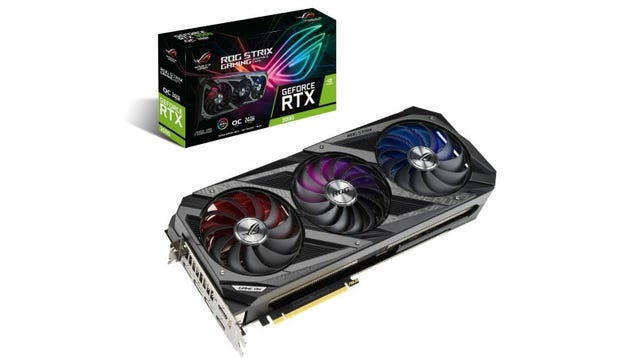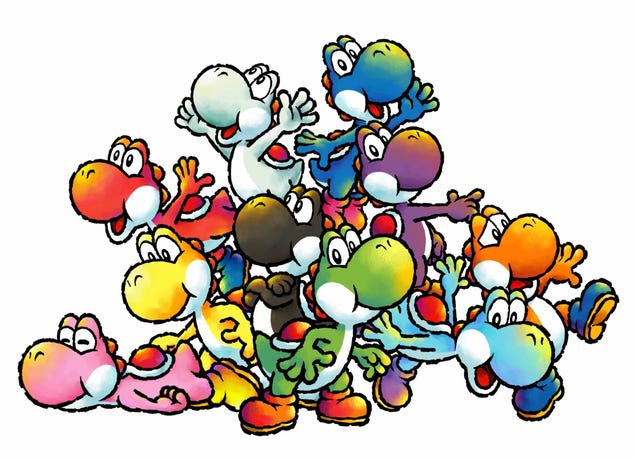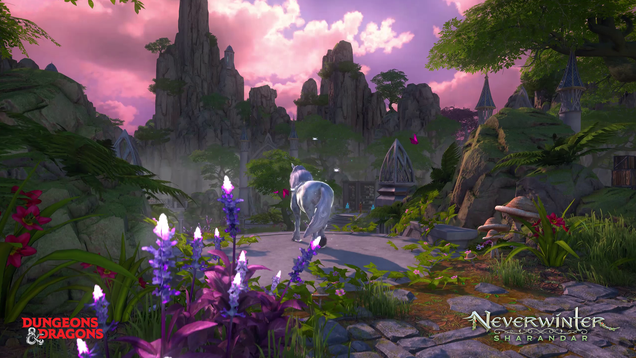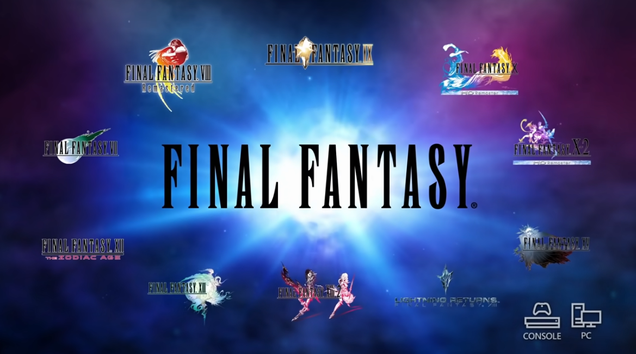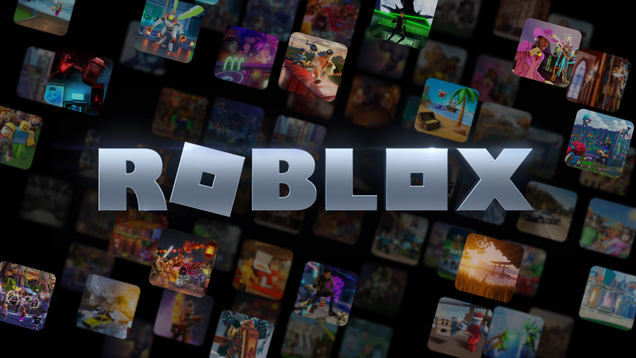
A tax break aimed at small businesses somehow helps Roblox, a company valued at $60 Billion
Game-making platform and fledgling metaverse Roblox made the news yesterday as the focus of a New York Times report about a ‘90s era tax cut that’s spun out of control. Originally created to foster investment in small businesses, the Qualified Small Business Stock, or Q.S.B.S., exemption has transformed into a way for ultra-wealthy businesses to avoid paying taxes on huge amounts of profits.
I’d say it seemed like a good idea at the time, but it really wasn’t. Launched in 1993, the Qualified Small Business Stock exemption was presented as a means to get more people investing in start-ups by shielding some of a company’s profits from taxation. Originally the exemption meant an investor would be shielded from paying taxes on half of profits up to 10 million dollars, but that was eventually changed to exempt the entire 10 million.
When Roblox Corporation was founded by David Baszucki back in 2004, the company met all the qualifications for the Q.S.B.S. exemption, mainly being that the company had to have assets at or below 50 million dollars. The New York Times notes that the 50 million number was put in place because at the time the exemption became law, Disney had just created Mighty Ducks of Anaheim hockey team, valued at 50 million, and lawmakers wanted to make sure a Disney business wouldn’t qualify for a small business exemption, as that would be stupid.
Also stupid, however, is the U.S. tax system for voting into being a loophole-laden exemption that would eventually be so abused that participating in it would be considered a right-of-passage for Silicon Valley’s ultra-wealthy. The problem with the Q.S.B.S. exemption is that it can be cloned. All it takes is gifting stock to friends and family. Though they haven’t invested in the company, they nevertheless still qualify for the exemption, so you can ensure that large chunks of money stay within close orbit of your control without needing to pay taxes on said cash.
Read the full article on Kotaku




